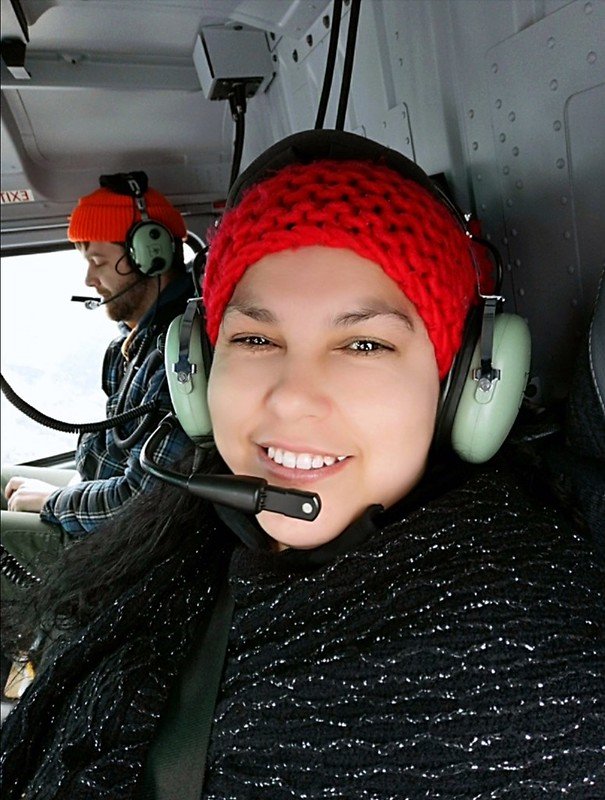Campaign Helping to Get More Guardians on the Ground
February 3, 2022
By Valérie Courtois
The Innu Fishery Guardians monitor salmon and other species along the Labrador coast. Photo credit: Jordan Melograna
Two years ago this week, the Land Needs Guardians campaign launched to support the work of Guardians across the country. Elders, Guardians, Indigenous leaders, youth, Ministers, Members of Parliament, Senators and others gathered at the National Arts Centre in Ottawa to celebrate Indigenous Guardianship and join the call for getting more Guardians on the ground.
So much has happened since that night. The pandemic upended daily life, and climate impacts continued to intensify, from wildfires to floods. Yet the energy and momentum of the Guardians movement has continued to grow.
In just the last two years, more than 75,000 people have joined the Land Needs Guardians campaign. More than 10,000 people tuned into the public sessions of the virtual third annual First Nations Guardians Gathering in June. Ten new Guardians programs have been created and many others funded. And preparations are underway to launch the National First Nations Guardians Network this spring.
Progress is about to expand exponentially. The Land Needs Guardians campaign and our partners have been calling for sustained funding for Guardians programs. In August 2021, the Government of Canada responded by announcing $340 million in new funding over 5 years to support Indigenous-led conservation, including over $173 million for Guardians programs.
This marks the biggest federal investment in Guardians programs to date.
It’s a significant step forward, but it doesn’t take us all the way. The Land Needs Guardians campaign will continue pushing to secure permanent funding for Indigenous-led conservation, so that every First Nation that wants a Guardians program is supported.
Because having more Guardians on the ground is good for people and the land.
The beauty of becoming a guardian is that you don’t have to pause your Indigeneity in order to participate in the modern economy. You can sing to the caribou like the Elders taught you, like our Talhtan Wildlife guardian friends, while using the latest technology to monitor the herd. You can continue to practice your culture fully while also participating in the modern wage-based economy. You can work to preserve and strengthen your language while translating your cultural values to a planning process.
Charlotte Denny with the Unama'ki Institute of Natural Resources conducts a moose survey in Cape Breton. Photo: Charlotte Denny
I've seen guardians who've learned their language through their responsibilities and could finally speak to their grandparents in their language, who beamed with pride at hearing their grandchildren perpetuate their language. I’ve seen people who were struggling with severe impacts of trauma become Guardians, experience the healing power of being on the land and strong in culture, and transform into community leaders and examples to youth around them.
We've measured and documented the benefits generated by Guardians programs, and they include increased health and wellness, greater language retention, marked reduction in violence against women and incarceration, increased engagement in governance, and more pride in identity.
But the benefits don’t stop there. It’s no surprise that 80 per cent of the world’s remaining biodiversity is on lands managed by Indigenous Peoples. Indigenous knowledge, laws, and responsibility.
I wish every Canadian knew that Guardians are ensuring that all people can breathe clean air and enjoy beautiful landscapes. So much of the Canadian identity is about the land—caribou, mountains, crystal clear lakes. These are values Indigenous Peoples have sustained for generations. Empowering Indigenous Peoples to continue this work benefits everyone in this country. It will help Canada respond to the dual crises of climate change and loss of biodiversity. In fact, it will help Canada become a global leader on climate and nature.
That’s why the Land Needs Guardians will continue calling for permanent federal funding for Guardians programs. Investing in the Indigenous responsibility to care for lands is an investment in our shared future. Please join us and add your name to the call.


